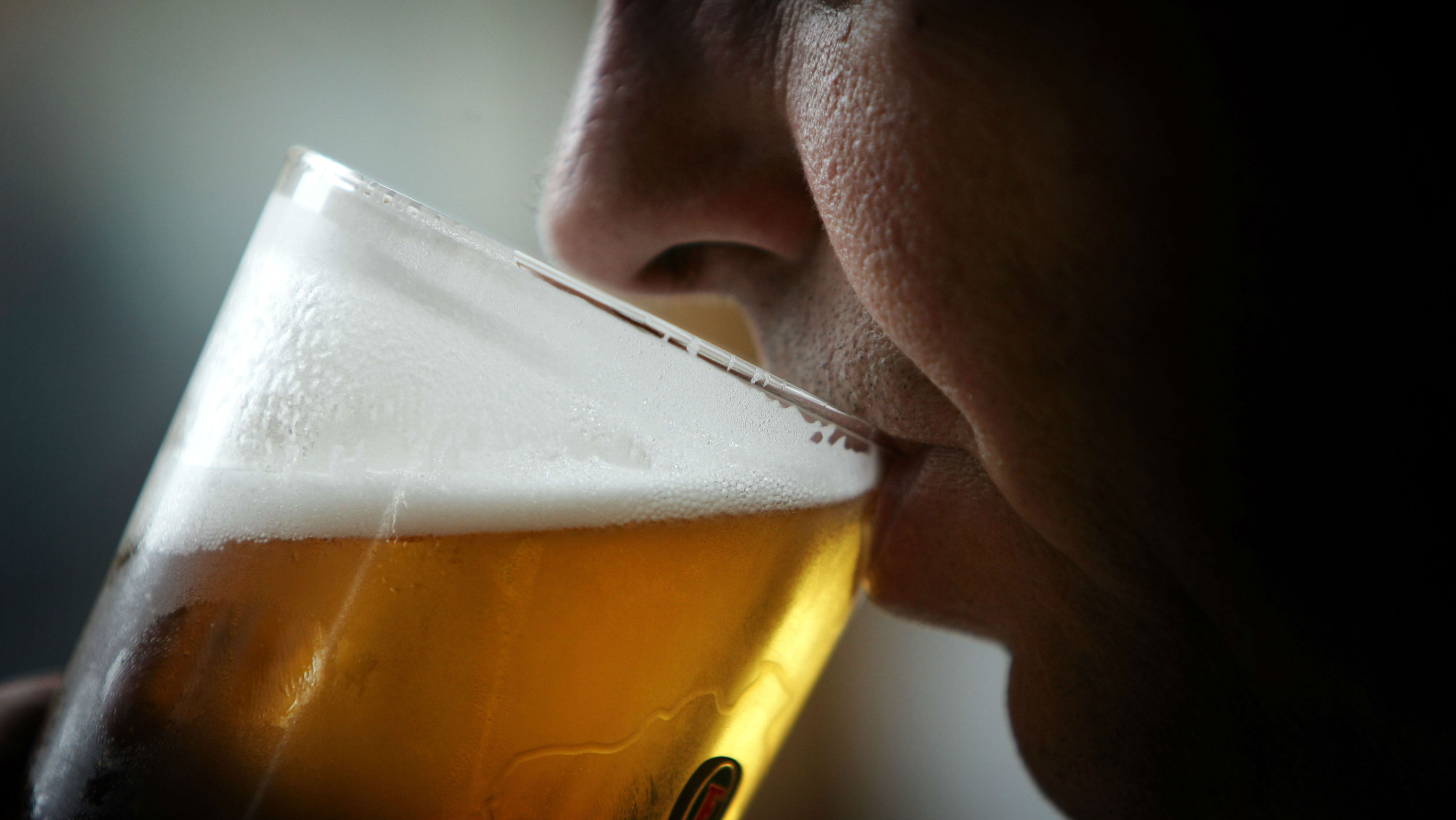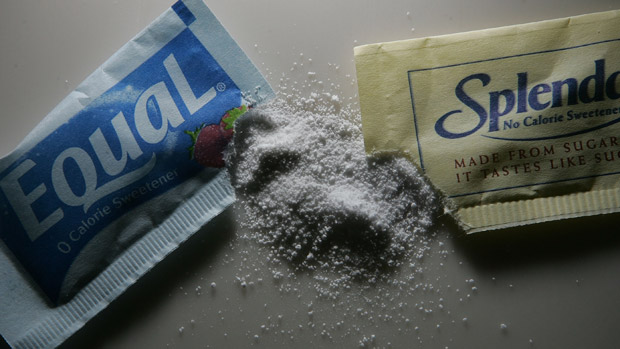Fact check: does a pint a day really keep the doctor away?
One alcoholic drink per day cuts risk of fatal heart disease by 20%, study finds

A free daily email with the biggest news stories of the day – and the best features from TheWeek.com
You are now subscribed
Your newsletter sign-up was successful
Drinking a moderate amount of alcohol every day can cut the risk of dying from a major cardiovascular event by up to 20%, a new study has found.
Researchers at Harvard Medical School discovered that a small amount of alcohol, “defined as no more than one alcoholic drink for women and two for men per day”, cut the rate of fatal heart disease when compared “to people from the sample who had low alcohol intake – defined as less than one drink a week”, the Daily Mail reports.
The experts said they are “not encouraging people to boost their alcohol consumption”, the paper adds, “but that moderation is the key, just like official guidelines state”.
The Week
Escape your echo chamber. Get the facts behind the news, plus analysis from multiple perspectives.

Sign up for The Week's Free Newsletters
From our morning news briefing to a weekly Good News Newsletter, get the best of The Week delivered directly to your inbox.
From our morning news briefing to a weekly Good News Newsletter, get the best of The Week delivered directly to your inbox.
What are the study’s findings?
Researchers made the finding after comparing survey results from over 50,000 people and now think it is “likely that moderate alcohol reduces stress signals from the brain”, the Mail says.
Dr Kenechukwu Mezue at Massachusetts General Hospital, the largest teaching hospital of the Harvard Medical School, said: “We found that stress-related activity in the brain was higher in non-drinkers when compared with people who drank moderately.
“People who drank excessively (more than 14 drinks per week) had the highest level of stress-related brain activity,” he said, adding: “The thought is that moderate amounts of alcohol may have effects on the brain that can help you relax, reduce stress levels and, perhaps through these mechanisms, lower the incidence of cardiovascular disease.”
A free daily email with the biggest news stories of the day – and the best features from TheWeek.com
The Harvard experts are not the first to make the link. A 2017 study published in the British Medical Journal found that moderate drinkers were less likely than non-drinkers to develop certain heart conditions.
Scientists from Cambridge University and University College London studied the health and drinking habits of nearly two million people in the UK over the age of 30.
Over a period of four years they monitored illnesses, hospital admissions and deaths, using data from a range of sources, including anonymised patient records from a GP database.
Based on their self-reported weekly alcohol intake, patients were divided into groups of non-drinkers, former drinkers, occasional drinkers, moderate drinkers and heavy drinkers.
At the time of the study, moderate drinking was classed as consuming 21 units per week for men and 14 for women. In 2016, this was revised down to 14 units of alcohol a week for both men and women.
The study concluded that moderate drinkers were less likely to have a range of heart and vascular diseases, compared with people who never drank alcohol. Heavy drinkers, on the other hand, were at a higher risk of developing some of the same heart conditions.
A pinch of salt?
Scientists in the 2017 study were able to establish a link between non-drinking and the risk of heart disease, but they were not able to prove that one influences the other.
Meanwhile the researchers also found that non-drinkers were more likely to be from deprived areas, to have diabetes, or to be obese, which could have affected the results.
Office for National Statistics (ONS) data also shows that alcohol killed more people in 2020 in England and Wales than in any of the previous 20 years. There were 7,423 deaths from alcohol misuse last year – an increase of 20% on 2019 – with a marked rise from March 2020 onwards, when the first lockdown was introduced.
The ONS said most of the deaths were a result of long-term drinking problems and dependency, with 80% of those deaths occurring from alcoholic liver disease, 10% from mental and behavioural disorders and 6% from accidental alcohol poisoning, the BBC says.
-
 Corruption: The spy sheikh and the president
Corruption: The spy sheikh and the presidentFeature Trump is at the center of another scandal
-
 Putin’s shadow war
Putin’s shadow warFeature The Kremlin is waging a campaign of sabotage and subversion against Ukraine’s allies in the West
-
 Media: Why did Bezos gut ‘The Washington Post’?
Media: Why did Bezos gut ‘The Washington Post’?Feature Possibilities include to curry favor with Trump or to try to end financial losses
-
 Fact check: should you be worried about taking ibuprofen for coronavirus?
Fact check: should you be worried about taking ibuprofen for coronavirus?In Depth WHO reverses earlier recommendation that Covid-19 patients should avoid anti-inflammatory drugs
-
 Fact check: does mindfulness improve mental health?
Fact check: does mindfulness improve mental health?In Depth Schools in England will be teaching the practice to children and teenagers in a major new trial
-
 Fact check: the truth about artificial sweeteners
Fact check: the truth about artificial sweetenersIn Depth Are synthetic sugar substitutes in our food and drinks safe? The Week looks at the research
-
 Fact Check: The truth about mental health funding
Fact Check: The truth about mental health fundingIn Depth Is Theresa May’s government really spending a ‘record amount’ on these services?
-
 Fact Check: Do pets really give babies a health boost?
Fact Check: Do pets really give babies a health boost?In Depth The Week checks out reports that furry animals can protect infants from allergies and obesity